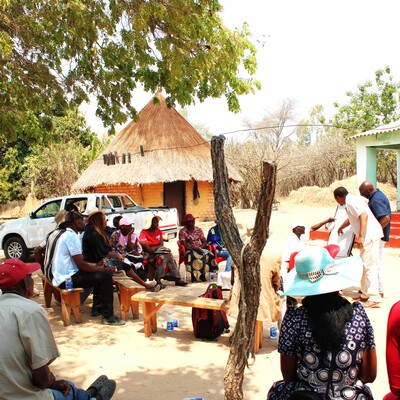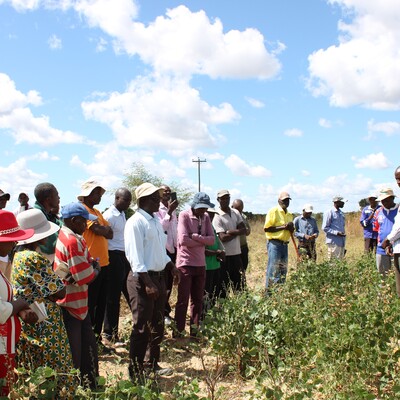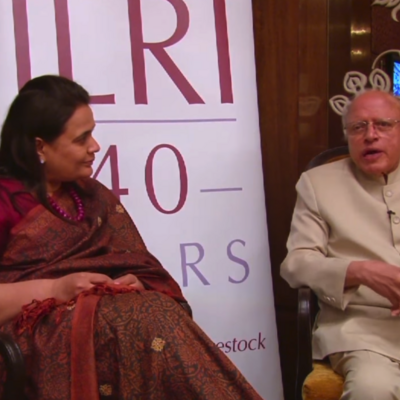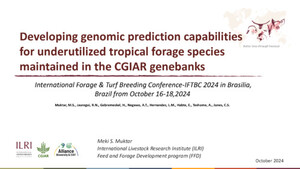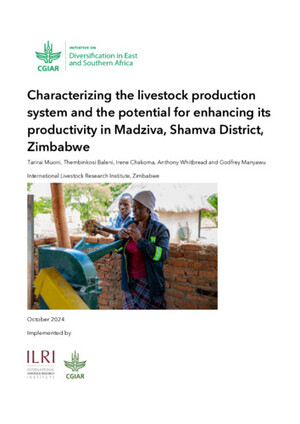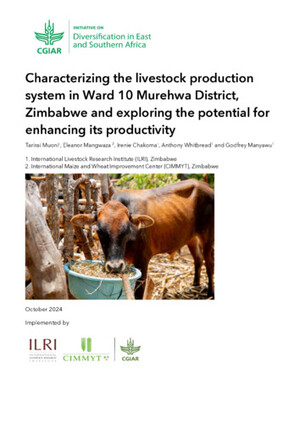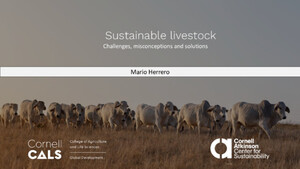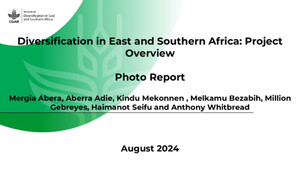
Communication and facilitation at the heart of Africa RISING meetings
From September to late October 2012, the Africa RISING program held a series of review and planning workshops. These followed a series of other inception, design and project workshops held since January 2012.
The Knowledge Management and Information Services (KMIS) team of ILRI contributed to this series of workshops: through design, organization, facilitation, social reporting and sometimes formal reporting. This role grew out of initial meetings in early 2012 when the project leaders came to recognize the usefulness of communication and facilitation in their activities. This facilitation support was to help participants tease out results and stories from, for example, the early win projects as well as shaping plans and directions for the coming years.
The communication team from The International Institute of Tropical Agriculture (IITA) also contributed to these efforts, joining the ILRI team, supporting the organization of the recent workshops and generating important media stories in East and Southern Africa or supporting the visit of members of the US Senate and of the United States Agency for International Development (USAID) on official visit in Ghana.
What are some lessons from this work?
The end of an inception phase is a good period to harvest lessons and insights from the early work – particularly as they are expected to contribute to a broader research program as is the case with the new phase of Africa RISING in Ethiopia and the other mega sites (East and Southern, and West Africa).
- The complexity of Africa RISING means that a lot of important questions have been explored iteratively. This is very useful, yet challenging, as some key questions remained unanswered for too long – such as site selection, the development of a research framework and of a monitoring and evaluation framework.
- The absence of definitive and clearly localized answers regarding site selection meant that some concrete details (of research planning, monitoring etc.) were postponed.
- Many of the workshops helped clarify some aspects of the work. At the same time, different workshops involved different people and some participants were not aware of progress made in previous workshops, opening up new cycles of negotiations and conversations that were once thought finalized.
- We concluded that it would be useful in future to develop a short set of presentation slides summarizing the key advances and results of each workshop, to build ‘the Africa RISING story’ all along and inform everyone of the boundaries set and results achieved at each step of the process.
- The early win projects and other areas of Africa RISING showcased the creativity of the staff involved in developing new tools and methods/approaches, developing new or strengthening existing partnerships, and they also testify that Africa RISING teams are dedicated to working in an integrated manner across institutions.
As the program starts a new stage, communication and knowledge management support will be all the more important to ensure Africa RISING research informs the people that need it most, from farmers to policy-makers and donors.






